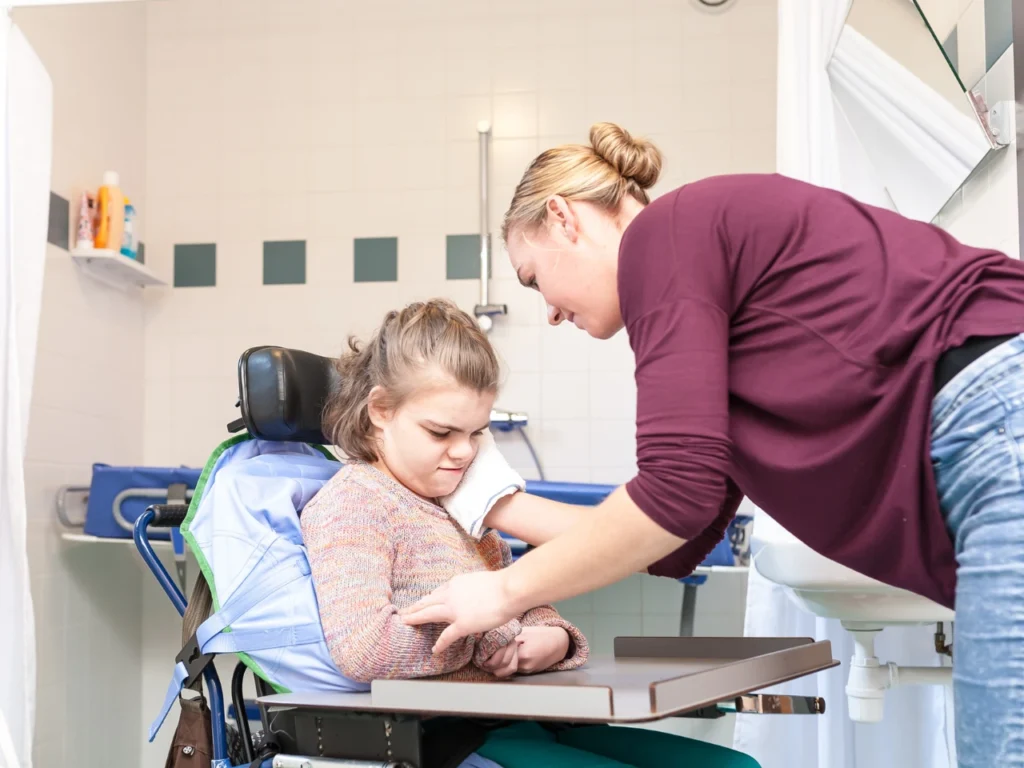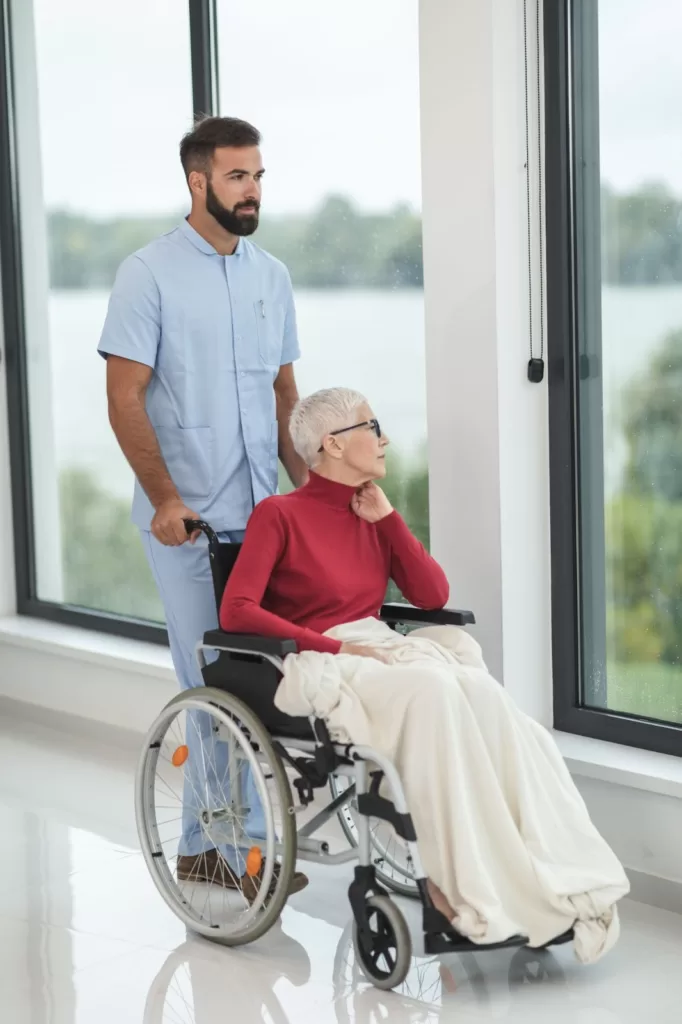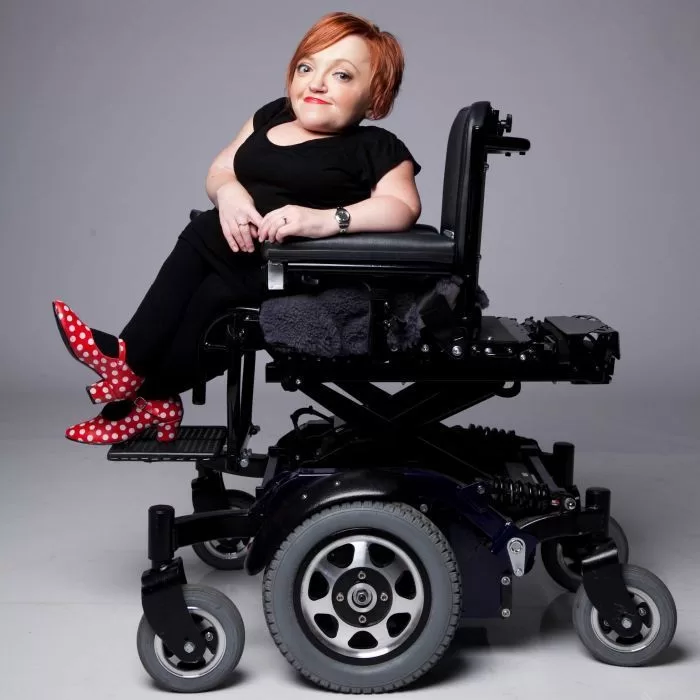
When supporting people with disabilities, care providers often face a challenging question:
How do we keep someone safe while still respecting their right to make their own choices?
This balance between duty of care and dignity of risk is at the heart of quality disability support. Getting this balance right means people with disabilities can live fuller, more independent lives while staying as safe as possible.
What is Duty of Care?
Duty of care is a legal and ethical responsibility that individuals/organizations, like disability support providers, have to keep the people they support safe from harm. This means taking reasonable steps to prevent accidents, injuries, or other dangers that could hurt someone’s physical or mental well-being.
In disability support, duty of care includes things like:
- Making sure living spaces are safe and well-maintained
- Providing proper supervision when needed
- Following medication management procedures correctly
- Responding quickly to medical emergencies
- Protecting people from abuse or exploitation
- Keeping personal information private and secure
The keyword here is “reasonable.” Support providers must take steps that any reasonable person would take in similar circumstances. This doesn’t mean wrapping people in cotton wool or removing every possible risk from their lives. It’s about genuinely caring for someone’s well-being and making thoughtful decisions about their safety.
What is Dignity of Risk?
Dignity of risk is the idea that everyone has the right to make choices about their own life, even if those choices might involve some risk. This principle recognizes that taking reasonable risks is a normal part of human life and personal growth.
For people with disabilities, dignity of risk means having the same opportunities as everyone else to:
- Make decisions about where to live and who to live with
- Choose what to eat, when to eat, and how much to eat
- Decide how to spend their free time and money
- Form relationships and friendships
- Try new activities and experiences
- Learn from their mistakes
Dignity of risk acknowledges that completely removing all risks from someone’s life can actually cause harm. When people cannot make choices or face challenges, they may lose confidence, skills, and independence. They might also miss out on the joy and satisfaction that come from achieving goals and overcoming difficulties.
This principle is especially important for people with disabilities because society has often been overly protective of them. In the past, many people with disabilities were kept in institutions or prevented from participating in community life because others thought it was “safer” for them.
Why both matter in disability support
Focusing only on duty of care can lead to overprotection. When support providers are too worried about safety, they might stop people from doing normal activities or making their own choices. This can make people feel frustrated, dependent, and unable to grow as individuals. On the other hand, focusing only on dignity of risk without considering safety can put people in real danger. Some people with disabilities may need extra support to understand risks or make safe choices.
The best disability support finds a balance between these two principles. This means:
- Helping people understand the risks involved in their choices
- Providing the right level of support for each individual
- Respecting people’s decisions while keeping them as safe as possible
- Finding creative solutions that allow choice while managing risk
How to balance duty of care and dignity of risk
Person-centered planning
Person-centered planning is the foundation of balancing these principles. This means really getting to know the person you’re supporting – their goals, preferences, abilities, and support needs. What might be risky for one person could be perfectly safe for another.
Risk assessment and management
Risk assessment and management are another way to balance both principles. This involves identifying potential risks, thinking about how likely they are to happen, and planning ways to reduce those risks while still allowing choice. The goal is not to eliminate all risks but to manage them thoughtfully.
Skill building
Gradual skill building can help people take on more responsibility over time. Instead of saying no to something that seems risky, support providers can help people develop the skills they need to do it safely. This might involve practicing in a safe environment first or breaking a complex task into smaller steps.
Communication
Clear communication is key. People should understand the risks involved in their choices and have access to information that helps them make informed decisions. This information should be provided in a way that makes sense to them.
Regular review
Regular review ensures that the balance between safety and choice remains appropriate. As people develop new skills or their circumstances change, the level of risk they can safely manage might change too.
Documentation
Documentation helps ensure consistency and shows that decisions have been made thoughtfully. Recording the reasons behind support decisions can help other team members understand the approach and protect both the person and the support provider.
The role of families and support teams
Balancing duty of care and dignity of risk is not something one person should do alone. It works best when everyone involved – the person with disability, their family, support workers, and other professionals – works together as a team. Family members sometimes struggle with this balance too. They naturally want to protect their loved ones from harm, but they also want them to be happy and independent. Open communication between families and support providers can help everyone feel more comfortable with the approach being taken.
Support teams should include people with different expertise and perspectives. This might include occupational therapists, social workers, psychologists, and others who can contribute to understanding both risks and opportunities. Regular team meetings provide a chance to review how well the balance is working and make adjustments if needed. These discussions should always include the person being supported as much as possible.
FAQs
What happens if someone makes a choice that seems very risky?
The key is to work with the person to understand the risks and find ways to manage them safely. This might involve breaking the activity down into steps, providing additional support, or finding alternative ways to achieve the same goal. However, if someone has the capacity to understand the risks and still chooses to proceed, their right to make that choice should generally be respected, unless it would cause serious harm to themselves or others.
How do we know if someone has the capacity to make risky decisions?
Capacity is decision-specific and can vary depending on the complexity of the choice. Generally, someone has capacity if they can understand the information relevant to the decision, retain that information long enough to make the decision, use the information to make a choice, and communicate their decision. If there are concerns about capacity, it’s important to get a professional assessment and support.
What if family members disagree with allowing certain risks?
This requires sensitive communication and sometimes compromise. It’s important to listen to family concerns while also advocating for the person’s right to make choices. Sometimes, bringing in an independent advocate or holding a family meeting can help find solutions that everyone can accept. Remember that the person with disability should be at the center of these discussions.
Are there some risks that should never be allowed?
There are some situations where the duty of care must take priority, such as when someone might cause serious harm to themselves or others, or when they clearly lack the capacity to understand the consequences of their actions. However, these situations should be rare, and the focus should be on finding alternative ways for the person to achieve their goals safely.
Conclusion
Balancing duty of care with dignity of risk is one of the most important skills in disability support. It requires ongoing attention, clear communication, and a genuine commitment to seeing people with disabilities as individuals with the right to make their own choices. When we get this balance right, people with disabilities can live richer, more fulfilling lives while staying as safe as possible. This approach recognizes that some risk is a normal part of life and that completely removing risk can actually cause harm by limiting growth and independence.
RELATED ARTICLES
WHAT IS DUTY OF CARE IN DISABILITY?



